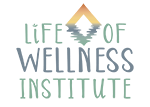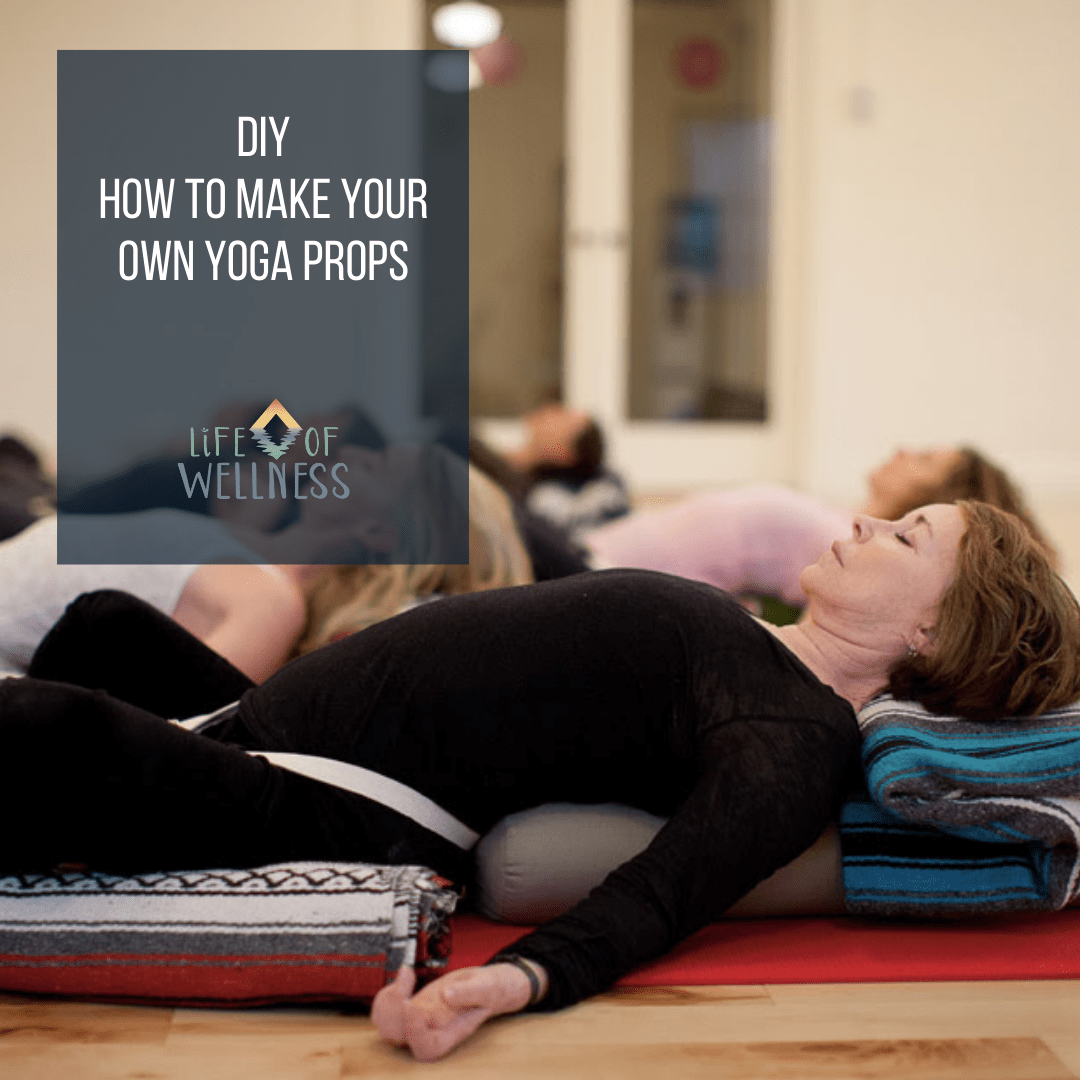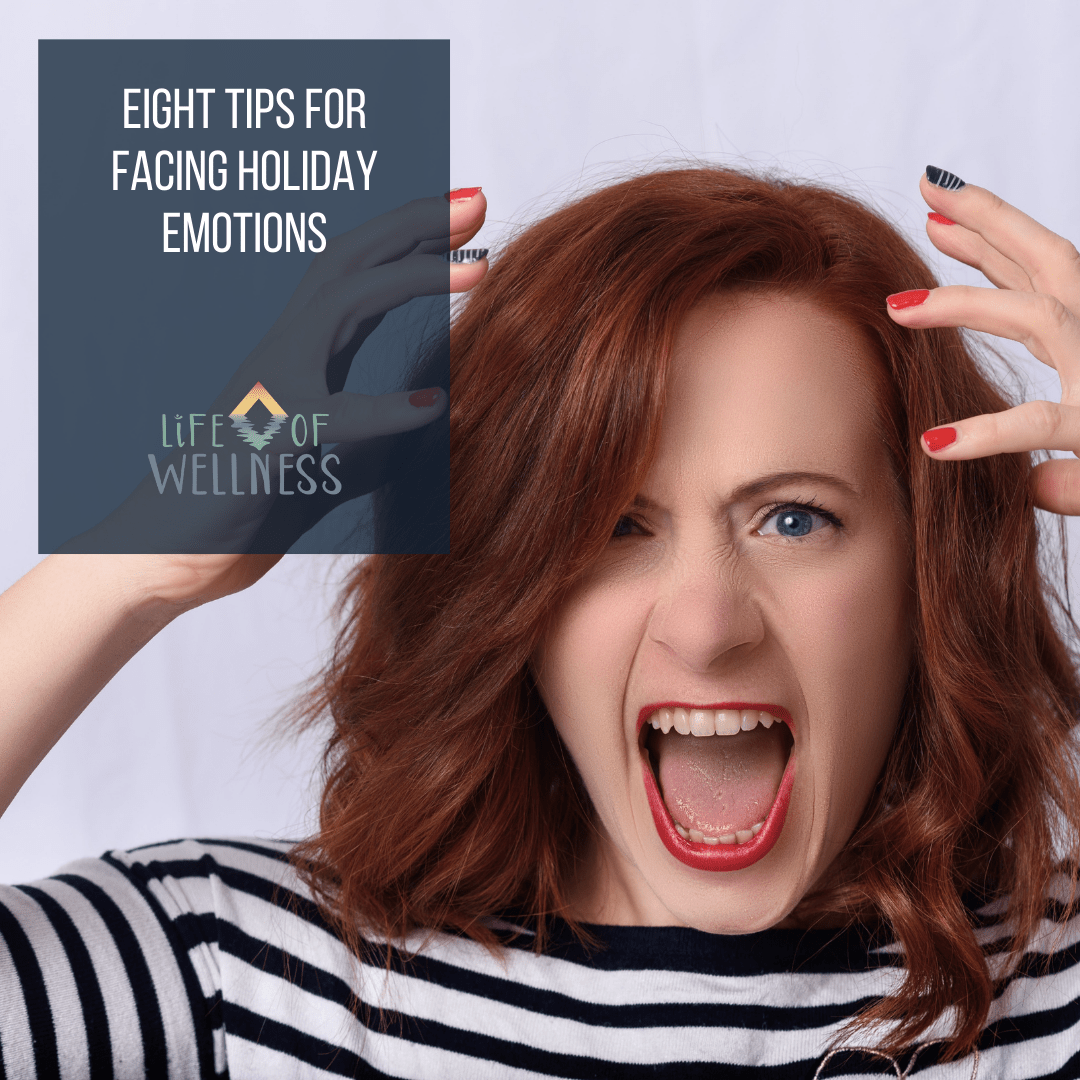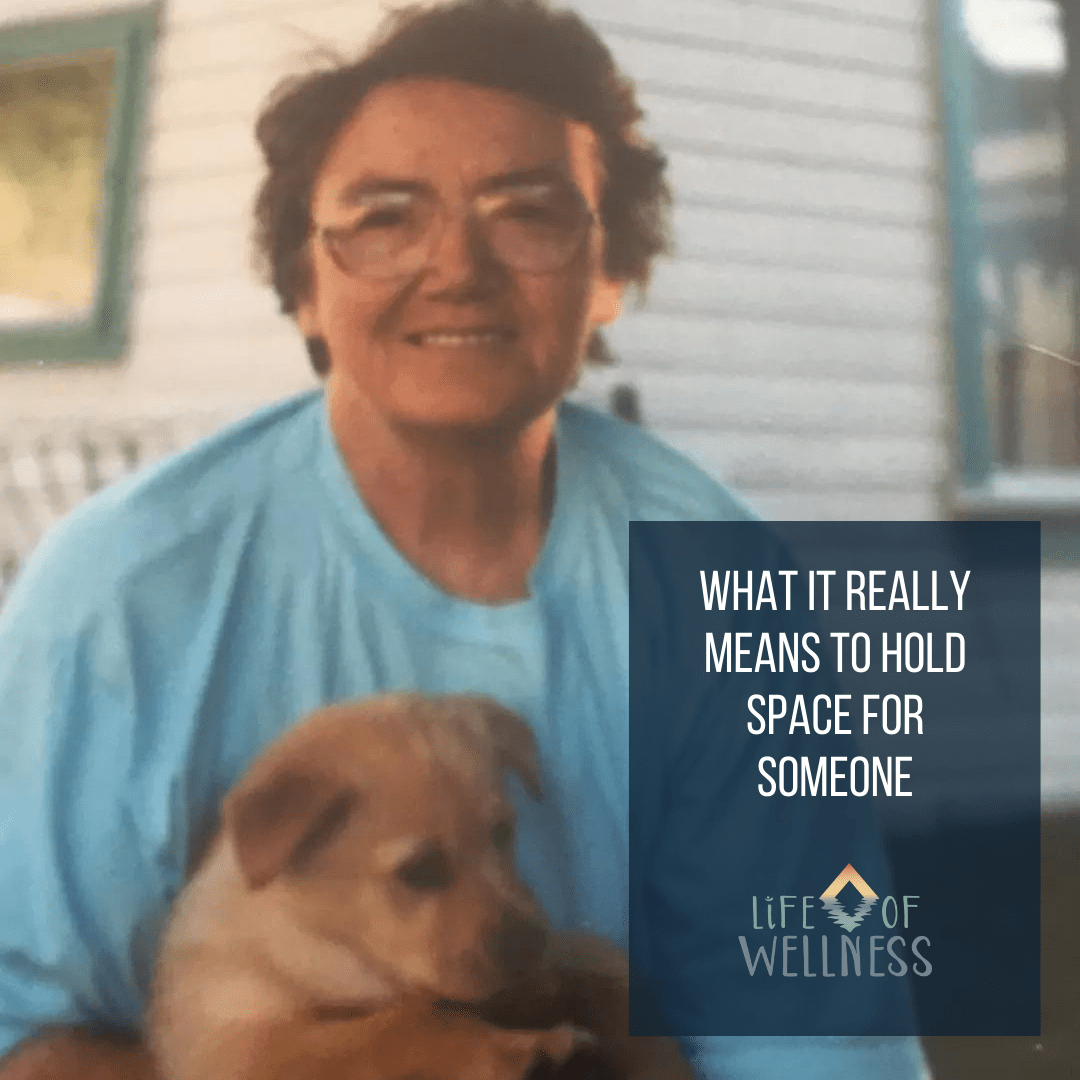Why do we need community?
Strong communities are critical because they’re often an essential source of social connection and a sense of belonging. Being part of a community can positively affect mental health and emotional well-being. Community involvement provides a sense of belonging and social connectedness. It can also offer extra meaning and purpose to everyday life. Communities can exist or be created from a shared location, hobbies, lived experiences and backgrounds, or a common cause. For many people, communicating with others – through online forums, social media, or in person – can help them have a healthier mindset, improved self-worth, and greater enjoyment of life.
In challenging times, our community can be a vital source of social connection and engagement that we need. Community belonging boosts physical and mental health; we can adapt and develop resilience together. In difficult times our thoughts will often lead us to isolation; we can feel alone in our experience, suffering in our silence. In my most challenging times, I needed a community to remind me that I wasn’t alone, that I could be honest and raw and feel safe in the loving care of others.
I am very grateful for the people in my community and the new people I am honored to meet daily. But let’s face it, not all communities are safe or helpful.
How do you recognize a toxic community?
We have many communities or groups that we engage with throughout our lives. Some we are part of because we have to be like who we work with, and some we get to choose. When vetting a community, we can get caught up in the feeling of belonging and miss the signs of toxicity and even danger. Negative interactions may include discouraging the expression of feelings, making critical remarks, invading another’s privacy, interfering in another’s affairs, or failing to provide promised help, among others. But in a world where tribalism is rampant, we can also experience narcissism or lack of accountability or responsibility. Rudeness, disrespect, or bullying toward colleagues or clients. Actions or statements that undermine team motivation or business goals.
Brené Brown spoke about this in January of 2018; before I talk about how we create a healthy community, please listen as she powerfully tells you what we don’t want.
"Connection is why we are here. We are hardwired to connect with others, it's what gives purpose and meaning to our lives, and without it there is suffering."
Brené Brown
How to be your authentic self in a community
Be open to feeling all of your emotions.
Have you ever found yourself in tears watching a holiday play? Or found yourself missing those who are not with you? Or overwhelmed with joy? Being with people, especially during the holidays, can bring up a lot of emotions from all the planning and travel, changes in sleep patterns, etc. Happiness, guilt, and even overwhelming. It can bring forward reminders of loss, grief, or a feeling of loneliness. Plan to give yourself space to acknowledge emotions as they happen. They are helpful to allow, but you can also honor yourself by gently facing them as they come.
Be open to the emotions of others.
You won’t be the only one facing emotion. Observing your family and friends allows you to provide support and love. Not only will you see opportunities to support another, but this creates closeness in your relationship.
Build your compassion toolbox.
There are many ways to show that you care; by simply observing a situation, you are holding space for yourself. You ask yourself how you feel and your go-to method of showing your care.
Are you feeling like giving a gift? Ask your self “what am I trying to communicate with this gift? What other choices do you have to show how I’m feeling? Could you express your thoughts in words? Through time?
Let go of self-judgment and the expectations of others.
Conflict often occurs when expectations are not met. Whether we blame ourselves or another, the underlying problem is the expectation. By addressing this first, we can identify if the expectation was built on what we wanted or needed. Or if the expectation is grounded in ability and capacity.
It is helpful to notice when you feel judgment to observe what is happening. How or where do you feel the judgment? What do you wish was different? How would it change the result? It can be tough to let go of criticism completely; it will take practice. So allow yourself to notice it happening and allow yourself space to step back instead of stepping into it.
Practice active listening.
It’s easy to find yourself overwhelmed with stimulation, especially in the holidays with packed houses, especially during a holiday get-together where so many engage all at once. But this is a beautiful time to practice active listening skills. You could be surprised by what you learn about your listening skills. Do you notice changes in body language, tone, and volume of voice, and can you hear their message, not just the words they are speaking?
One tip is to observe your distractions. Is there a better environment for this conversation? Is your phone buzzing in your pocket? Can you hear someone else’s perspective without wanting to correct it or share your own?
Let go of what is getting in your way.
Holidays often bring back childhood memories and traditions, making it a perfect time to fall into old patterns. Competitiveness with siblings, old arguments, and competing egos can get in the way of a happy holiday. Notice your thoughts and feelings that you may be carrying from the past. This is an incredible opportunity to allow forgiveness and create change.
Limit “should” and be aware of what you need.
It’s easy to feel pressure to buy the perfect gift, meet the expectations of others or attend every party. Meeting these expectations can lead to resentment, frustration, and even burnout. Allow yourself to reflect on how you feel, specifically how the expectation affects you. Give yourself space to allow what you need and give yourself time to self-care.
Practice self-care, compassion, and empathy.
It’s easy to get caught up in the “giving season” and forget to take care of yourself. Between preparing, extra events, and travel, we often fall out of our usual patterns. Taking time to plan your exercise, ensuring you get a whole night’s sleep, helps you recharge each day. You’ll thank yourself when you can be more attentive, calm, and react to situations the way you want. This kindness to yourself will make it possible to be more giving to others.
How to hold space for others
Let them know what they mean to you
I have never regretted showing someone how I care for them. Whether it is love, friendship, or otherwise, let them know! We all have that monkey mind voice that can bring shame and fear, but it also tells us we aren’t enough, aren’t loveable. It disrupts that voice when we tell people what they mean to us, how they inspire us, and how we love them.
Hold space for them
We all spend much time judging and thinking about what we aren’t. So, we also all need people ready to hold us when we need them. Who stands next to us in our dark moments reminds us of what we are capable of. To tell us who we are when we forget. Someone that can build our confidence when we feel disempowered. Who listens when we need to be heard and don’t try to fix us? Give your loved ones the gift of your full attention. Let them know how they feel or what they are going through matters. But also, celebrate with them for all the little wins and the big ones. Don’t forget to let them do this for you too!
Be in their arena
Know what they are up to, what they want for themselves or the world, and why. Be their cheerleader, the ear they need, ready to celebrate, with the needed pep talk, or with them and their shame when they fail. Be prepared with a tissue, a shoulder, or a good joke. You are not there to relate, to fix, to solve. You are there to witness and understand what it feels like to be in the arena with them.
Continue reading Life of Wellness Blog
Disclaimer:
No content on this site, regardless of date, should ever be used as a substitute for direct medical advice from your doctor or other qualified clinicians.




Your ability to break down complex concepts into understandable information is commendable. Thank you for this valuable post.
Thank you for your feedback. Happy to hear the post was easy to understand.